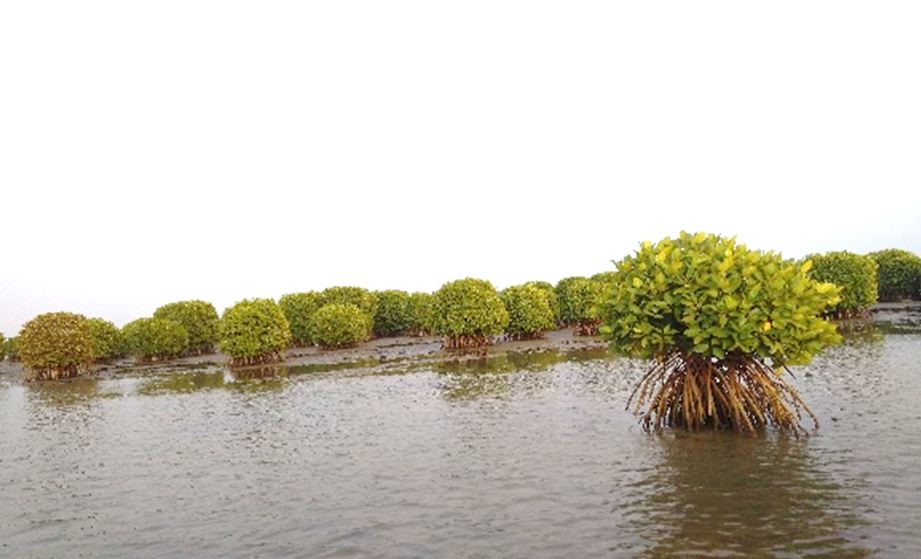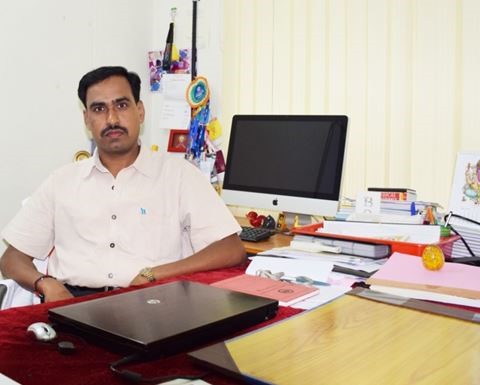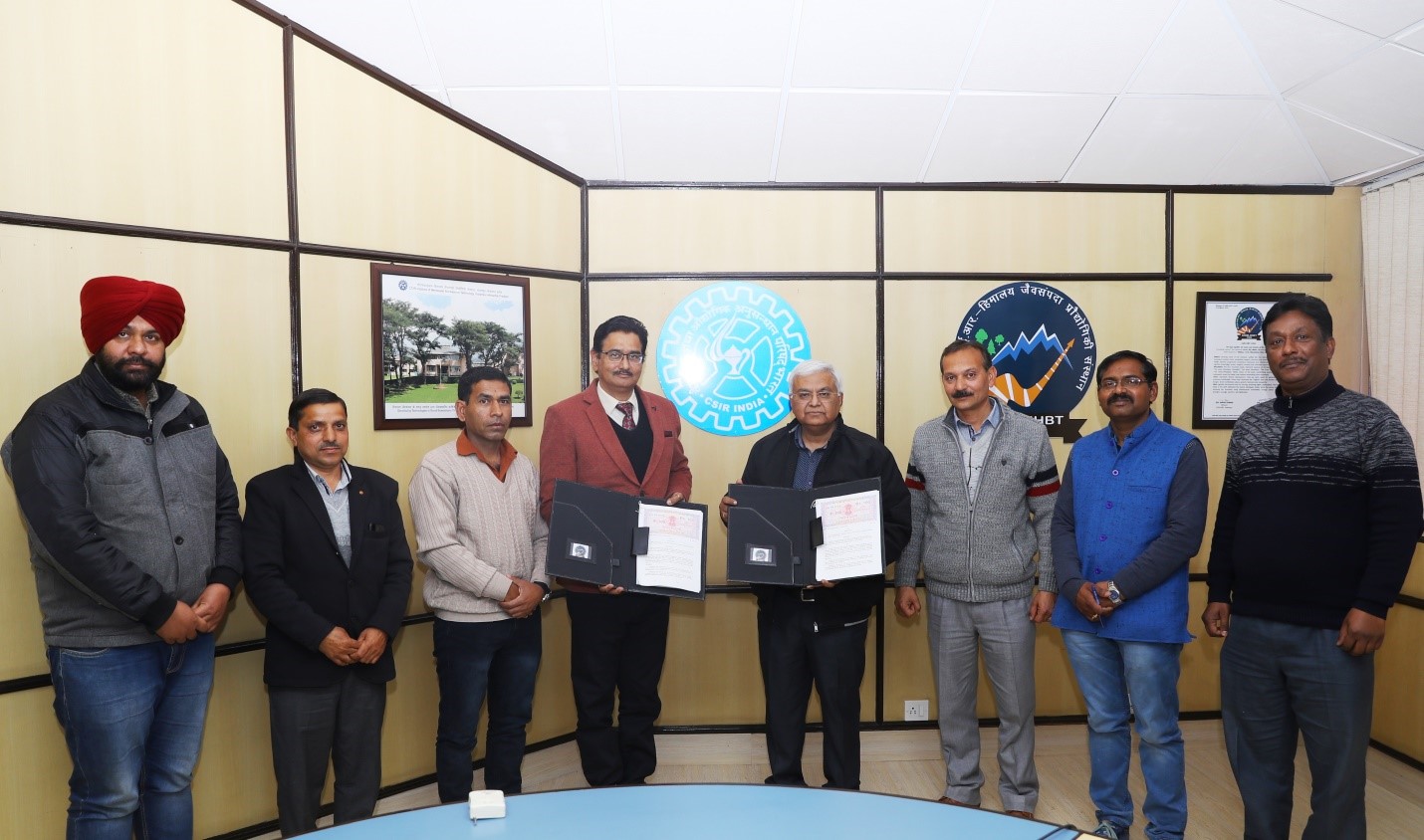
Antibiotic Resistant Genes Found In Kerala Mangrove Ecosystem
- News
- 2.3K
Antibiotic resistance is increasing in various microbial populations. A new study by Indian researchers has revealed that antibiotic-resistant genes are present in micro-organisms of mangrove regions in Kerala also.

Mangrove forest located in the coastal regions of Kerala
The researchers, who conducted the studies in four locations along Kerala coast, have found acrylflavine, fluoroquinolone, beta-lactamase and methicillin-resistant genes in microbial populations in mangrove ecological systems. The genes having resistance to antibiotics have been found both in pristine environmental sites and regions affected by human activities.

Dr. Ranjit Kumavath, senior assistant professor, Department of Genomic Science at Kerala Central University, and a key member of the research team, told India Science Wire that “there could be serious consequences if antibiotic resistant genes move from the harmless microbes to pathogens. Further study is currently being designed to evaluate such dissemination. The widespread existence of antibiotic-resistant genes is a warning bell as it is indicating a new source of antimicrobial resistance”.
The study included metagenomic profiles of mangrove sediment samples. In order to identify the microbes, next-generation sequencing techniques were used by which one can identify millions of micro-organisms easily and rapidly without the need to grow any microbes in the laboratory.
Microbial diversity is one of the numerous benefits of mangroves. However, mangrove ecosystem is steadily depleting across the world due to urbanization, deforestation, pollution and other human activities. Household, as well as industrial waste, has made the mangrove ecosystem inhospitable to a number of animals, birds, and fishes. Preservation of mangroves should be encouraged and maintained.
The research team consisted of Madangchanok Imchen (Kerala Central University, Kasaragod, Kerala), Debmalya Barh (Institute of Integrative Omics and Applied Biotechnology, Purba Medinipur, West Bengal), Vasco Azevedo, Aline Vaz, Aristóteles Góes-Neto and Sandeep Tiwari (Federal University of Minas Gerais, Brazil), Preetam Ghosh (Virginia Commonwealth University, USA) and Alice R. Wattamand (Virginia Tech University, USA). Results of the study have been published in journal Scientific Reports. The study was funded by the Science and Engineering Research Board (SERB). (India Science Wire)
By Umashankar Mishra
Journal Reference
If you liked this article, then please subscribe to our YouTube Channel for the latest Science and Tech news. You can also find us on Twitter and Facebook.


